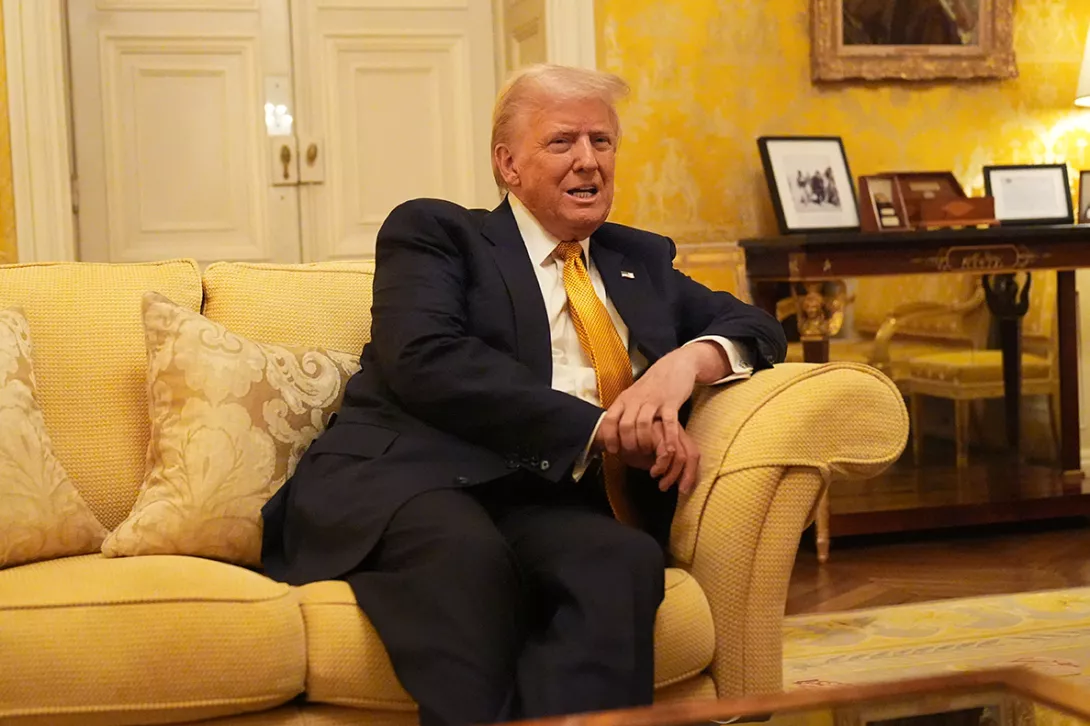Corporate Britain is cashing in
Once again workers are being forced to pay for a crisis not of their own making – but when our movement works together we can take on the unscrupulous employers, argues Unite leader SHARON GRAHAM
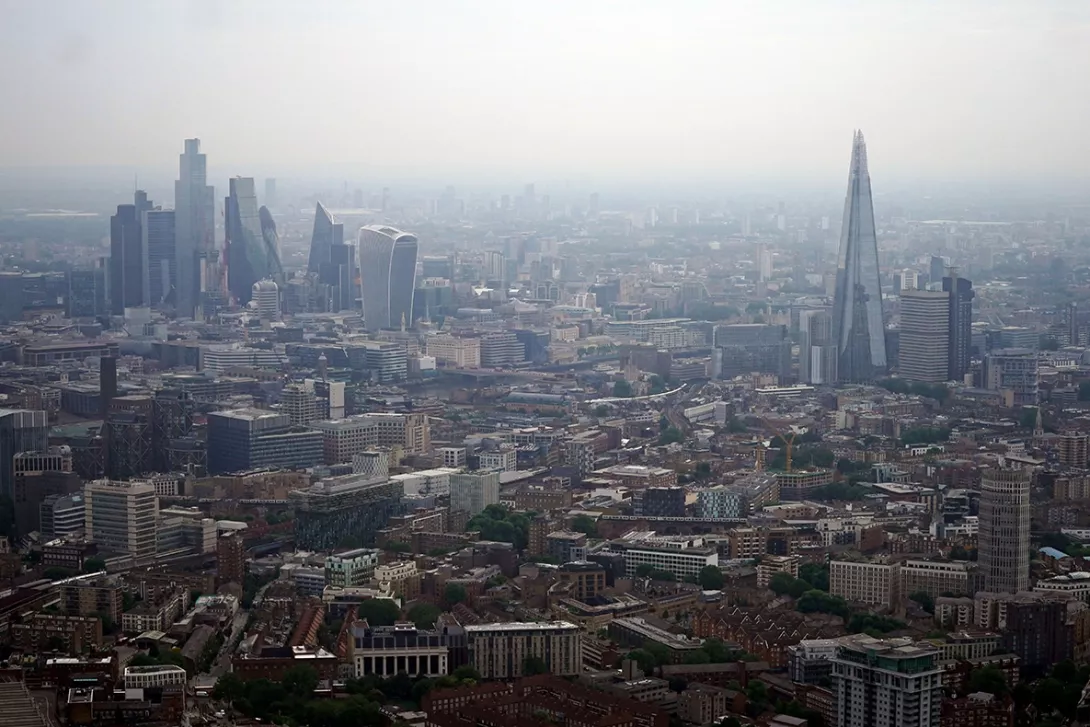
WHEN both the governor of the Bank of England and the Prime Minister called for “pay restraint” it was clear that workers were being set up for a fall.
Once again we were being asked to pay the price for a mess not of our making. With inflation hitting double figures and more, we are now in the midst of another crisis in the real economy — one that is attacking living standards.
The Establishment call for a national pay cut is consistent with the pattern of recent years. We know how the story goes.
A crisis of some kind ensues, that to resolve requires either real change to the economic order or for someone to lose out, and the Establishment picks what appears to be the easy option. Looting the workers.
More from this author
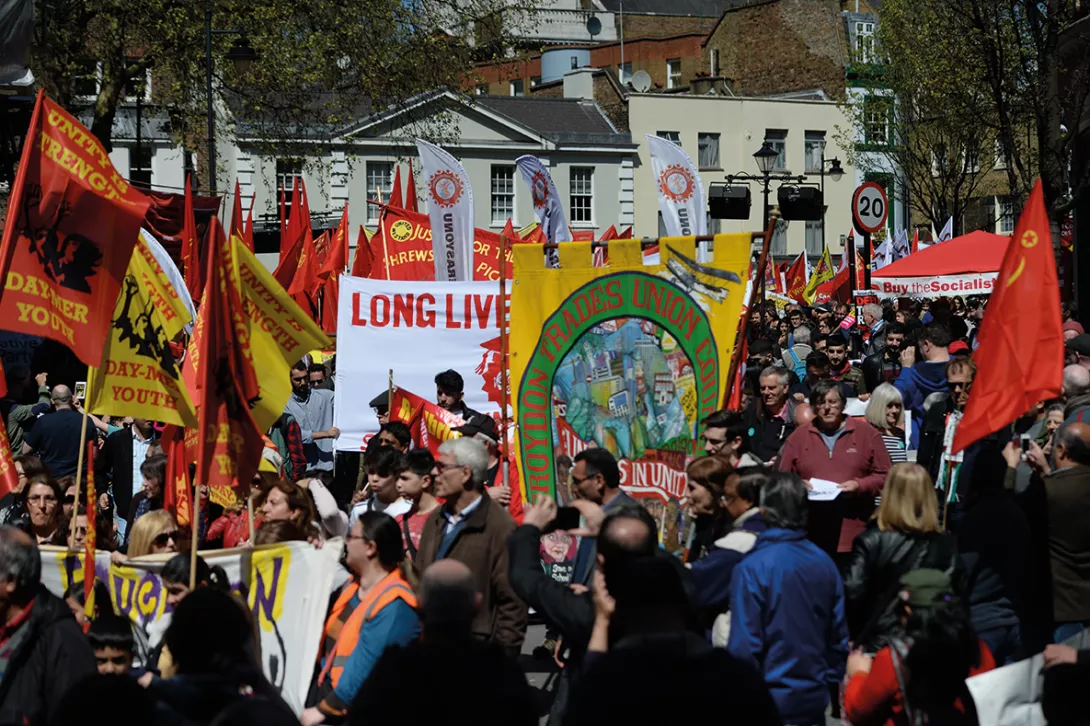
Unite general secretary SHARON GRAHAM says we should be wary of politicians talking of 'growth' when its rewards are all diverted to the pockets of the rich

Putting our faith in this or that political leader is no strategy at all: in the face of poverty wages now and workers’ lives being put on the line during Covid, our only option is directly organising for class power ourselves, writes SHARON GRAHAM
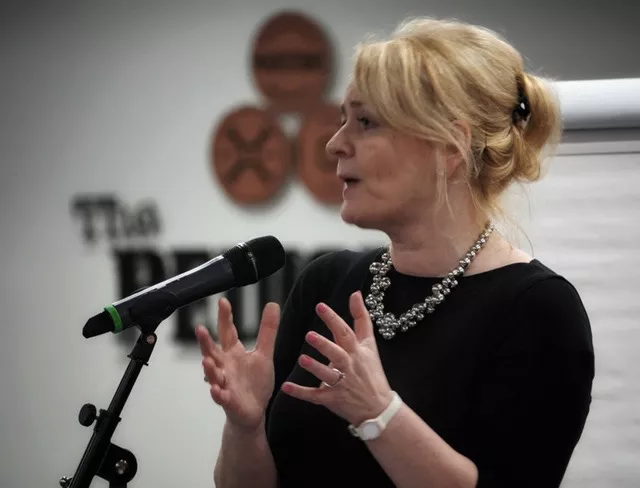
The Morning Star publishes an exclusive preview of new Unite leader SHARON GRAHAM'S address to the TUC Congress tomorrow
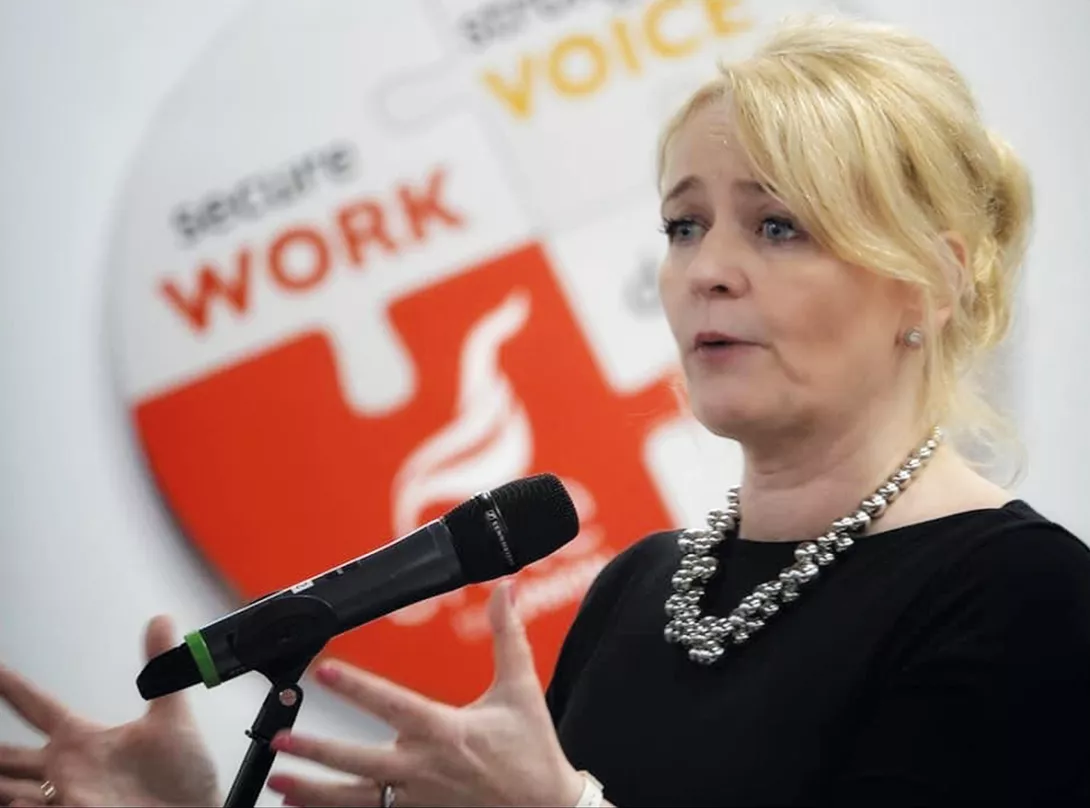
If elected general secretary of Unite, I will lead a union that focuses on the shop floor not Westminster and build up membership by delivering on jobs, pay and conditions
Similar stories

DEREK THOMSON salutes Unite’s string of inflation-busting victories from bakeries to airports, but slams Labour and the SNP’s inaction over the Grangemouth refinery closure and badly fumbling the Just Transition process

‘The fiscal rules are a noose around our neck,’ Unite's SHARON GRAHAM tells the Morning Star – it's time to tax the rich

Our 'big four' banks are suddenly coining it again, by fleecing lenders and under-rewarding savers — and neither party is suggesting any accountability, laments BERNIE EVANS


